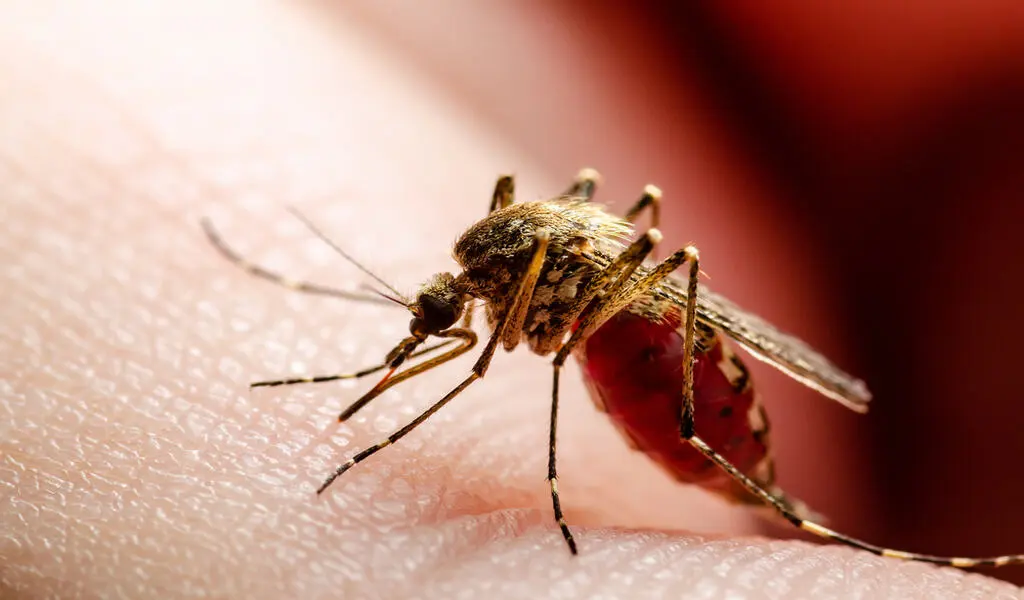Health
Zika Virus And Childhood Cancer: An Unexpected Alliance

(CTN News) – Would repurposing a cancer-causing Zika Virus be possible? Researchers in the United States have raised this intriguing question in their research on neuroblastoma, a rare and deadly childhood cancer.
According to a groundbreaking study led by researchers at Nemours Children’s Health published in Cancer Research Communications, an American Cancer Research Association journal, injecting the Zika virus into neuroblastoma tumors significantly reduced or eliminated cancer cells.
Each year, approximately 700 to 800 cases of neuroblastoma are diagnosed in the US. Childhood cancer deaths from high-risk neuroblastoma are disproportionately high at 15 percent.
There has been much attention around the world for the study, which offers new hope in the fight against this cancer.
Treatment for Zika Virus
In 1947, a rhesus macaque monkey in Uganda was the first to identify Zika virus, which is traditionally known for its harmful effects, especially on pregnant women.
Human infection was later discovered in various African countries in the 1950s. It was noted in Africa and Asia that sporadic human infections occurred between the 1960s and the 1980s.
African, American, Asian, and Pacific outbreaks have been reported since 2007.
As a result, the virus is now being redirected to attack cancer by attacking the CD24 protein, a developmental marker.
This virus can be used as a treatment for cancers that express the CD24 protein.
Results of Research: Hope for the Future
During research at Nemours Children’s Health, mice with tumors high in CD24 were studied. A saline solution was injected into half of the mice and Zika virus was injected into the other half. It was a remarkable result.
The virus caused a near-complete reduction in tumour size, with the highest dose completely eliminating the tumour, as confirmed by a Nemours Children’s pathologist. A four-week period later, there were no signs of recurrence.
For the Zika virus to be considered a safe and effective anti-cancer treatment, researchers emphasize the need for extensive further studies. Currently, this treatment is being tested on mouse adrenal glands, which are more closely related to human neuroblastomas.
SEE ALSO:
Breast Cancer Is Diagnosed In Over 60% Of Women At An Advanced Stage





























